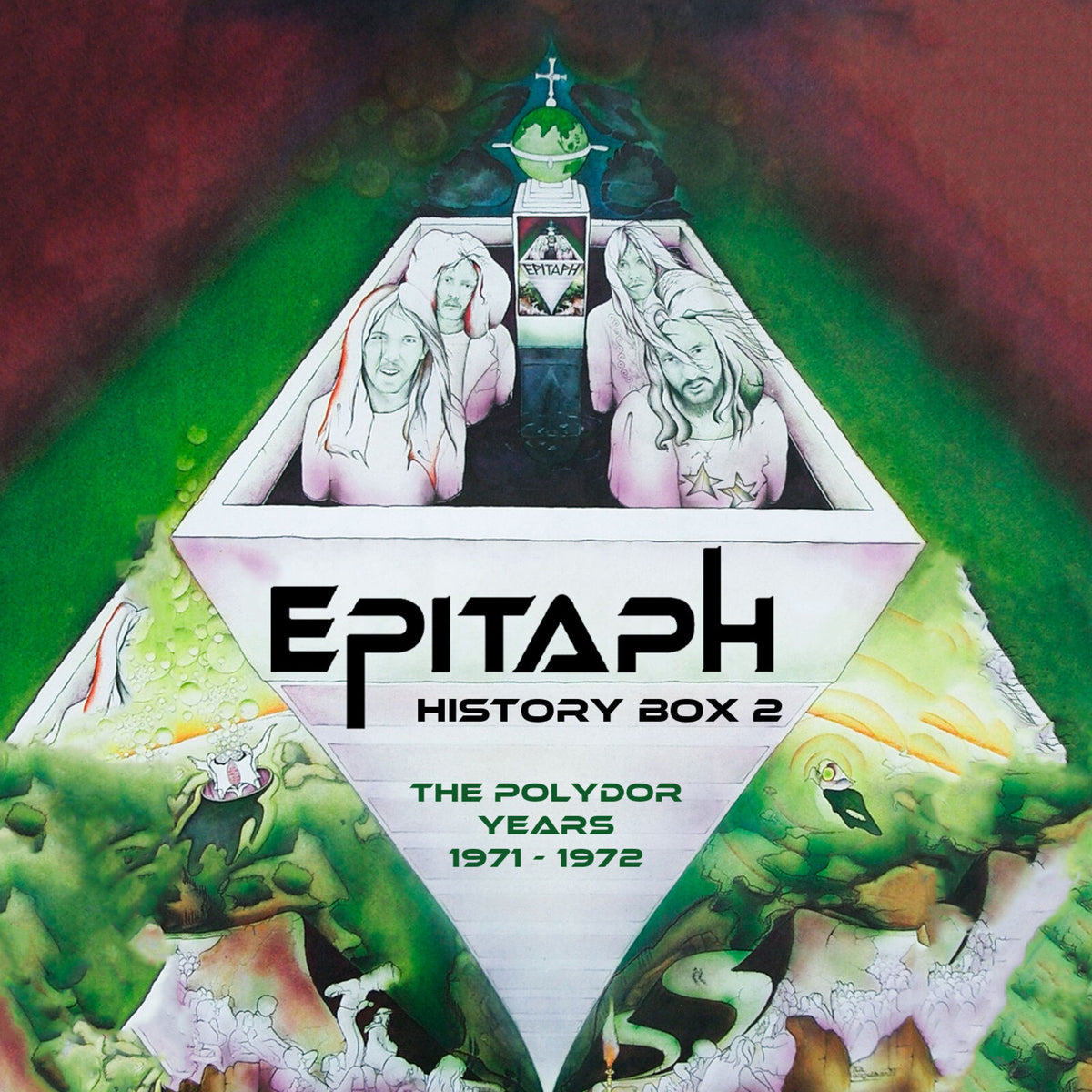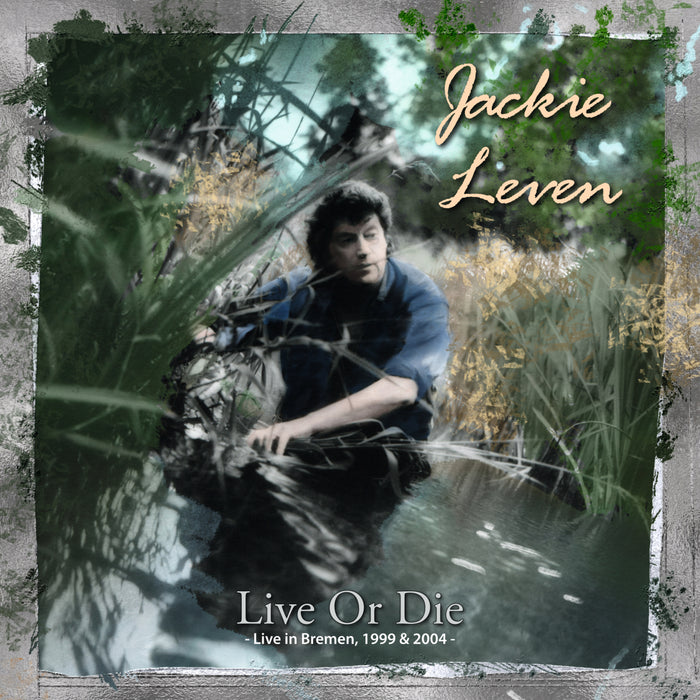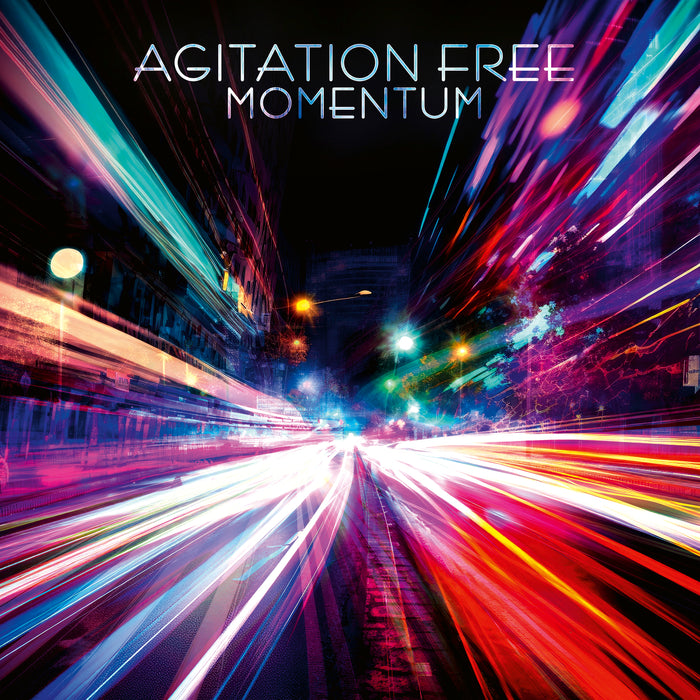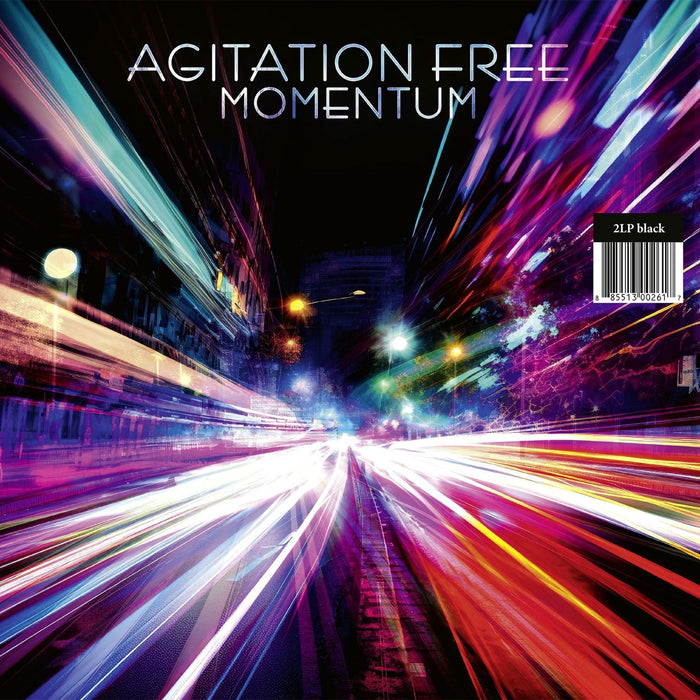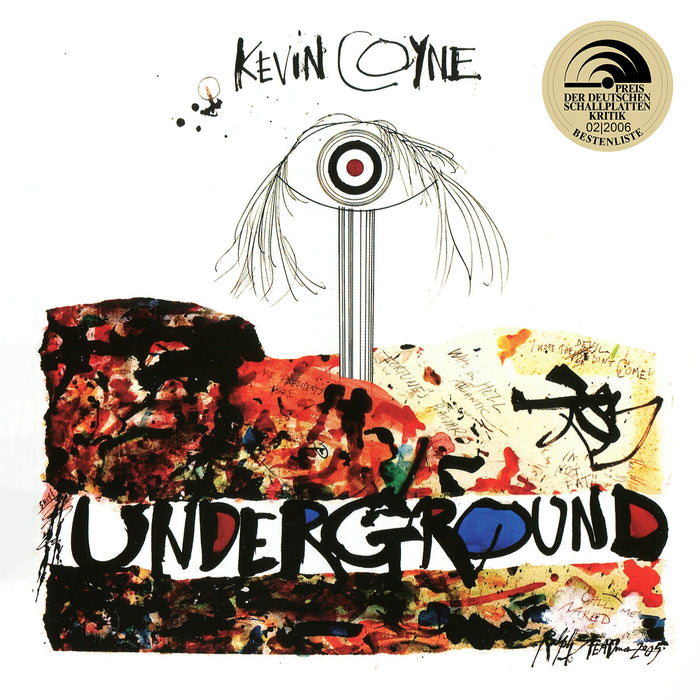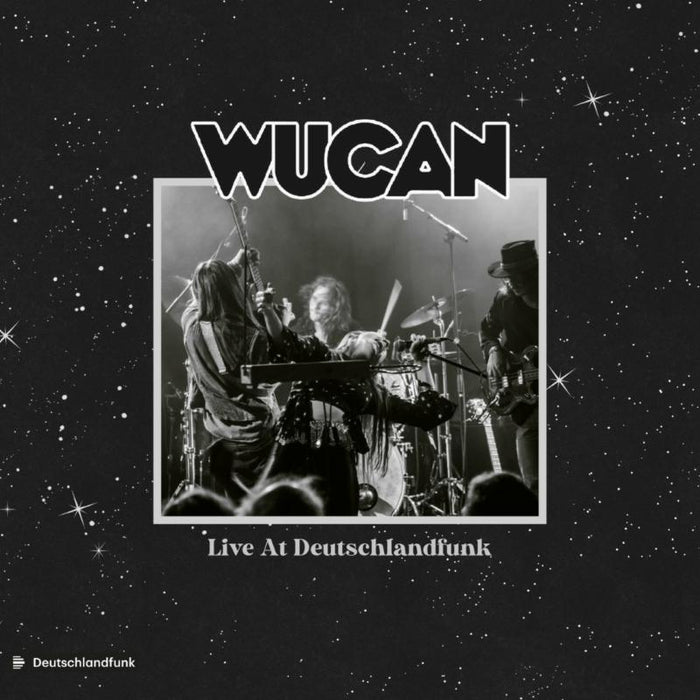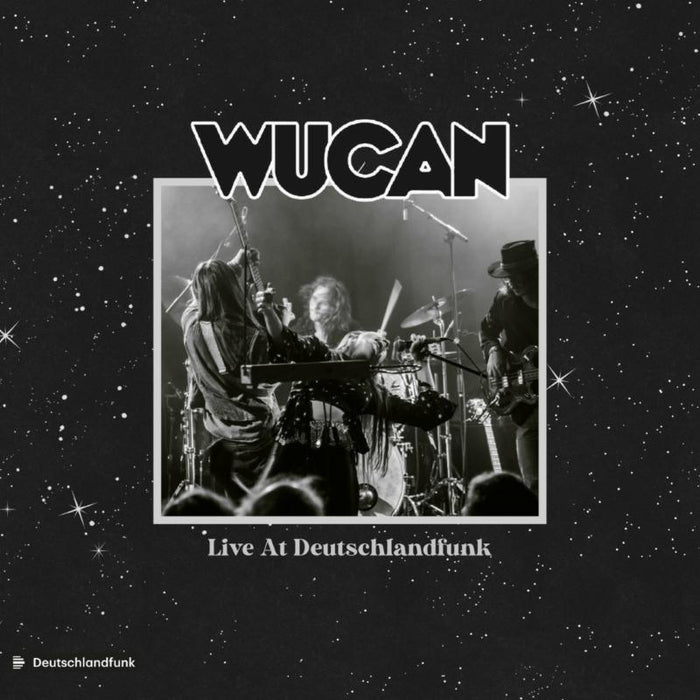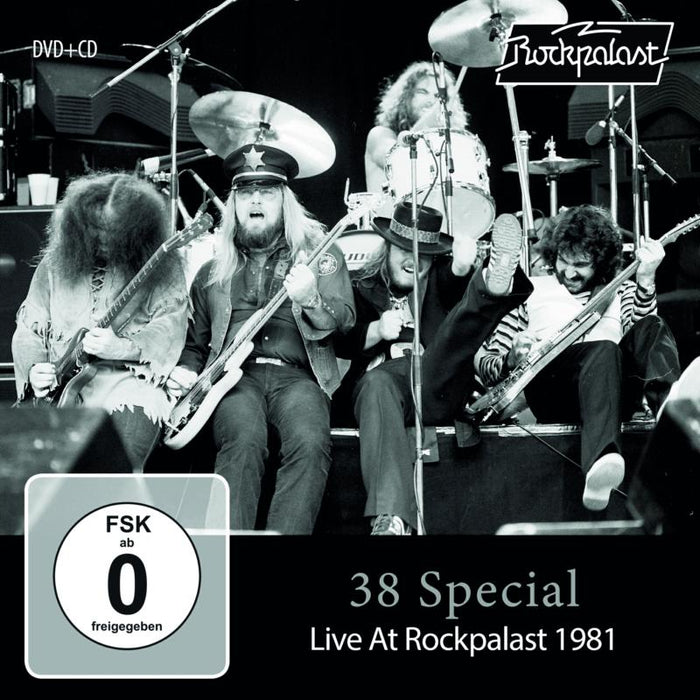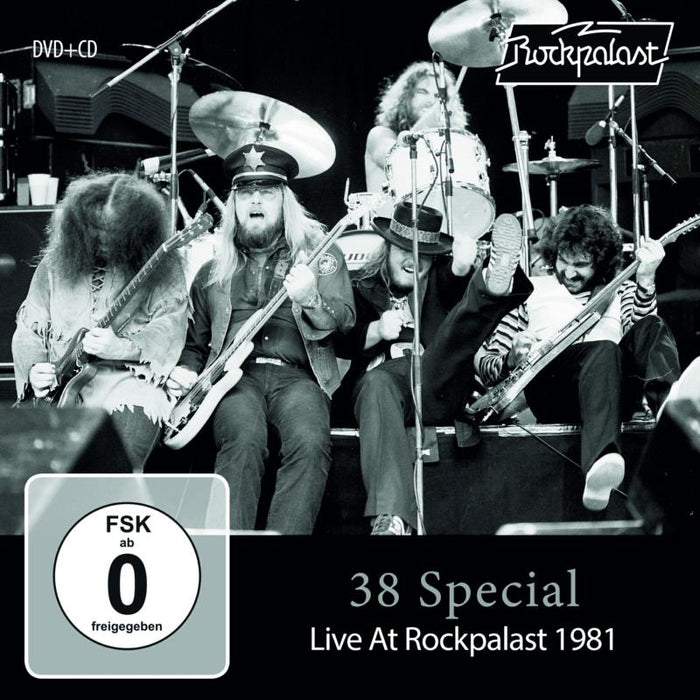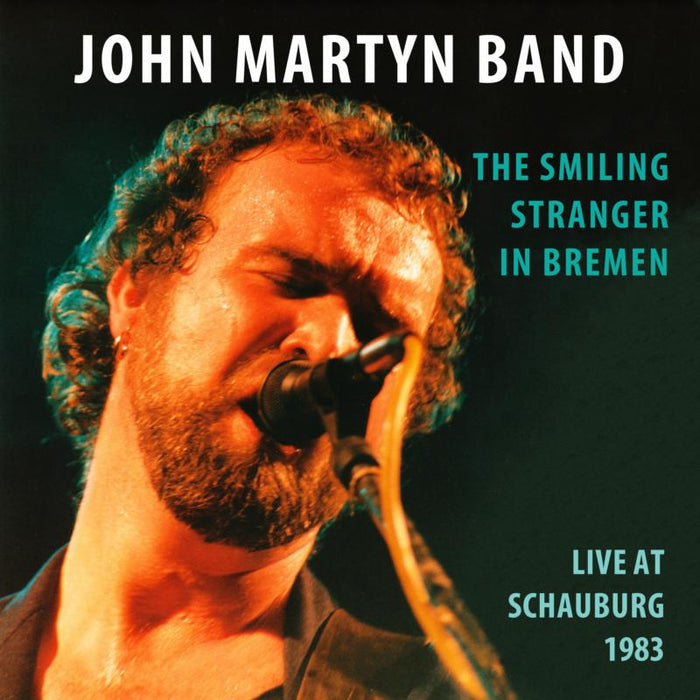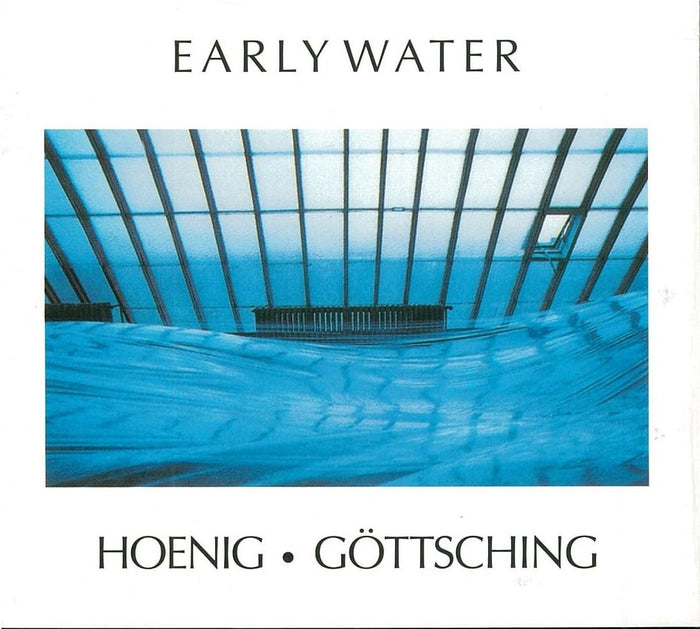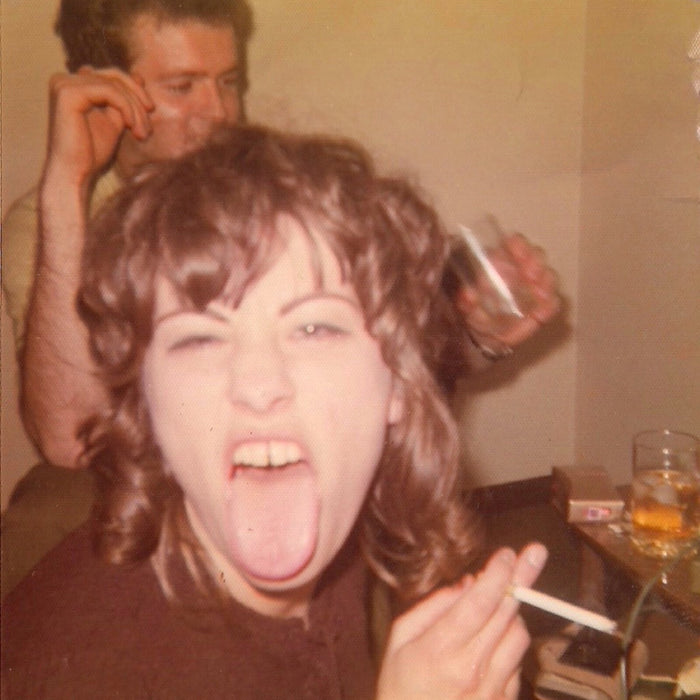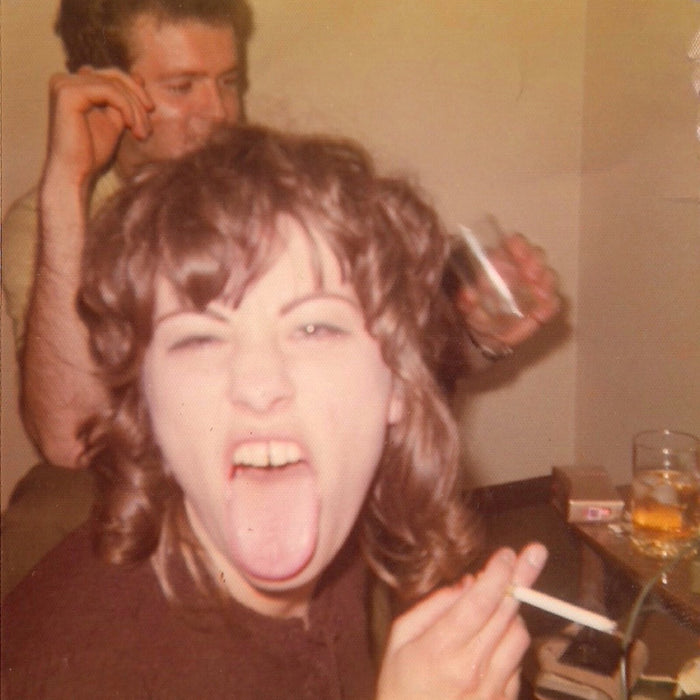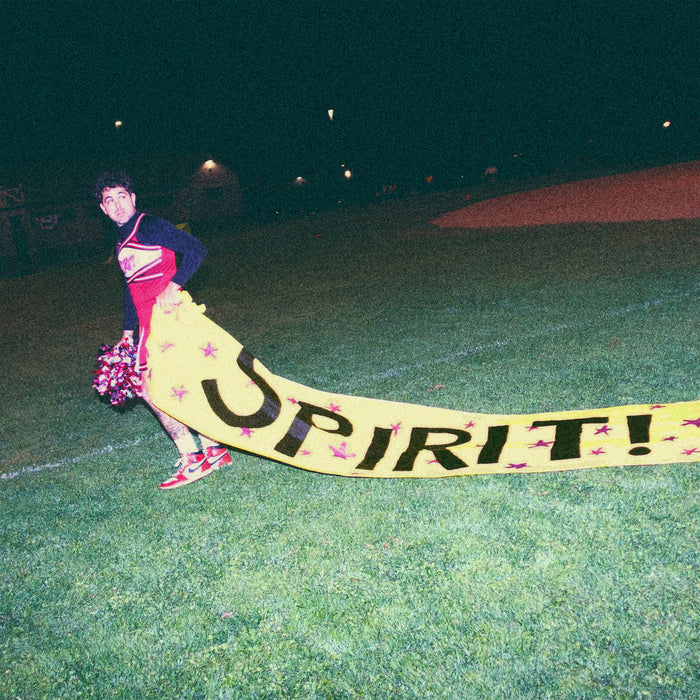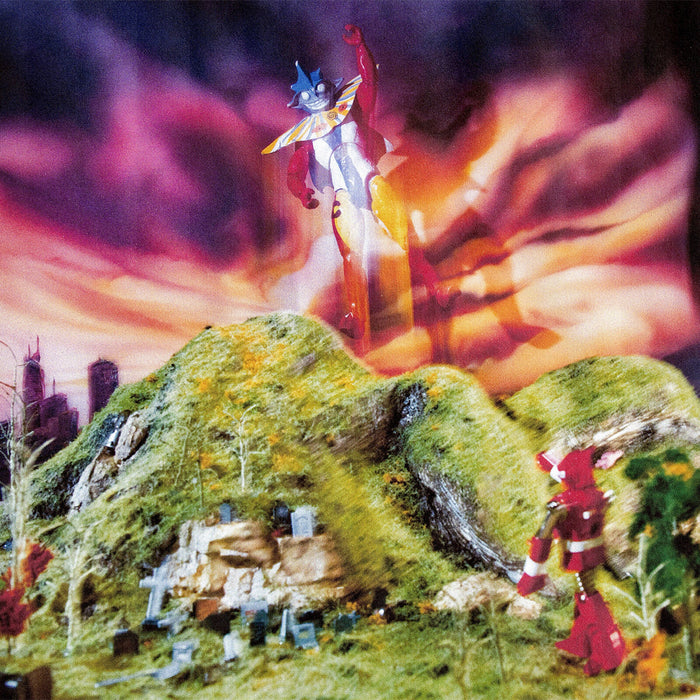Description
The first two albums from 1971 and 1972 - remastered by Roger Wahlmann (Cliffstudio) and as bonus tracks singles, demos and unreleased masterpieces - "The Lost Tapes" as the band calls these tracks.
The story of Epitaph begins in the winter of 1969/70 at the then very popular Dortmund music club of the time, "Fantasio", where the band (James McGillivray, Bernd Kolbe and Cliff Jackson) rehearsed and worked their set while performing weekly at the club among greats like Black Sabbath, Rory Gallagher, Yes and Argent. Even at this time, Epitaph was showing its full professionalism. Their big chance came when Champion Jack Dupree canceled his gig at Fantasio and renowned blues pianist Gunter Boas stepped in with Epitaph as his backing band.
Producer Gunter Boas recognized the potential of this band and it didn't take long for Epitaph to sign their first contract with Polydor, Then they moved to Hanover, shortened their band name from Fagin's Epitaph to Epitaph and started recording their first and eponymous self-titled album with Klaus Walz (later Jane) as second guitarist in London's Wessex Studio, which was released in the fall of 1971. Concerts throughout Germany followed, as well as an invitation from Radio Bremen's legendary TV show Beat-Club, which resulted in the first television appearance of Epitaph in 1972. Already in April 1972 the band was back in the studio to record "Stop Look And Listen" (Polydor). Again, numerous appearances followed, among them the most important German festivals of that time.
Could the band have imagined that 50 years later they would still be one of the hottest bands in the country when they met for the first time in Dortmund's "Fantasio" music club in the winter of 1969/70?

